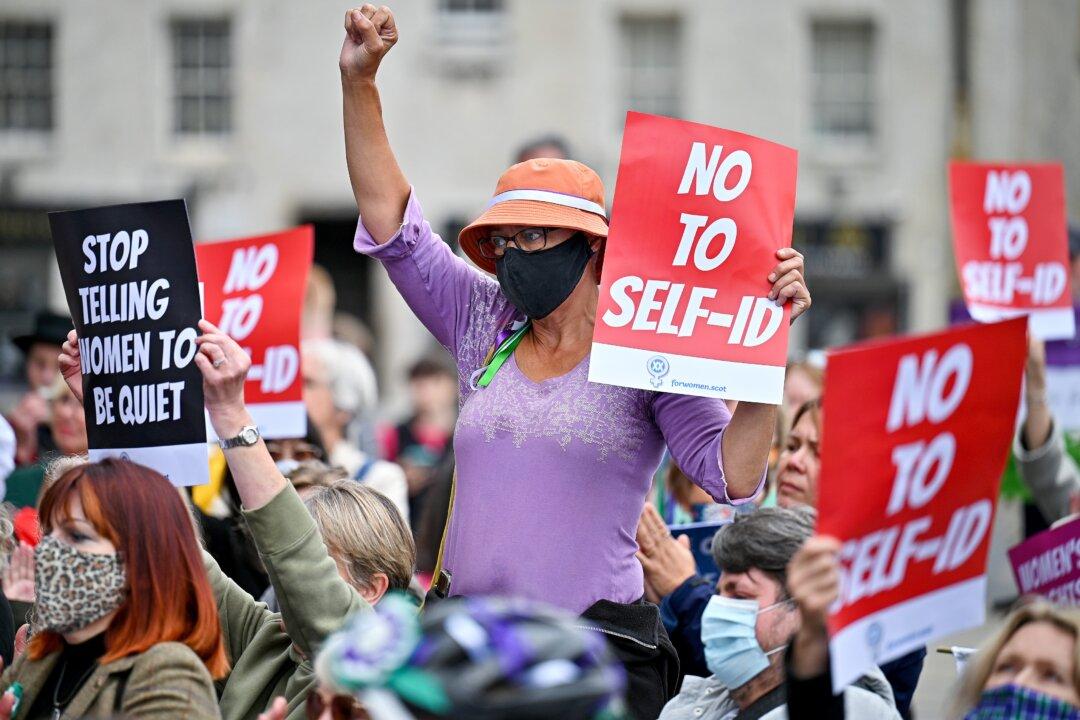A UK women’s rights group has criticised the Scottish government’s decision to allow people to self-identify their sex on the 2022 census regardless of their legal status, saying it will undermine the accuracy of census data.
The Scottish government’s guidance for the census question “what is your sex?” says: “If you are transgender the answer you give can be different from what is on your birth certificate. You do not need a gender recognition certificate.”





